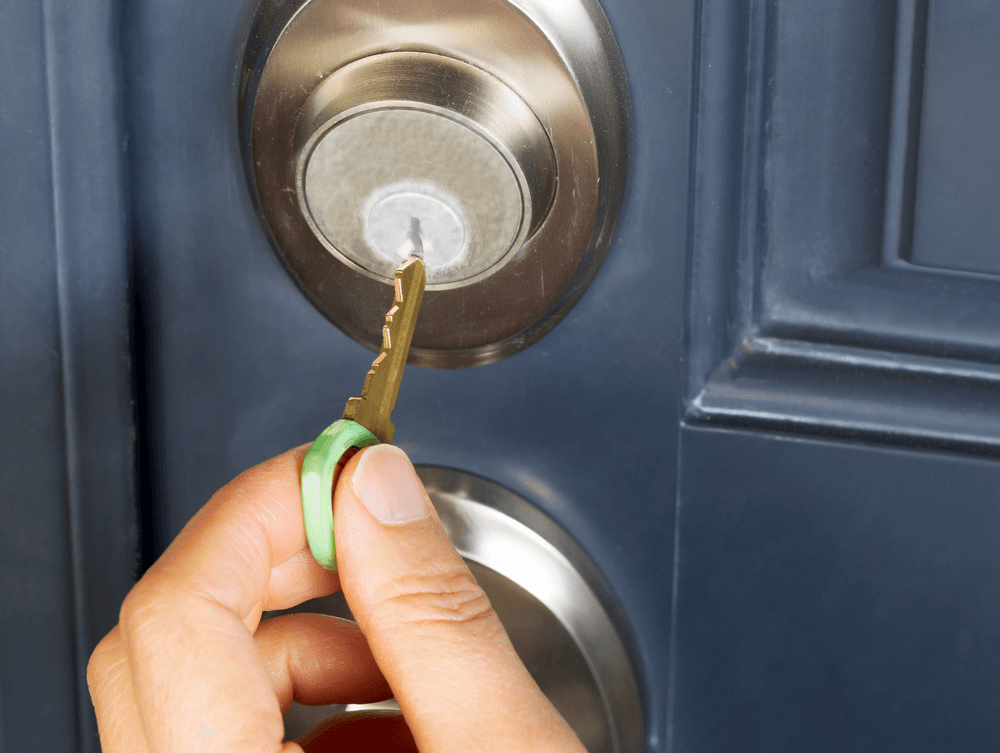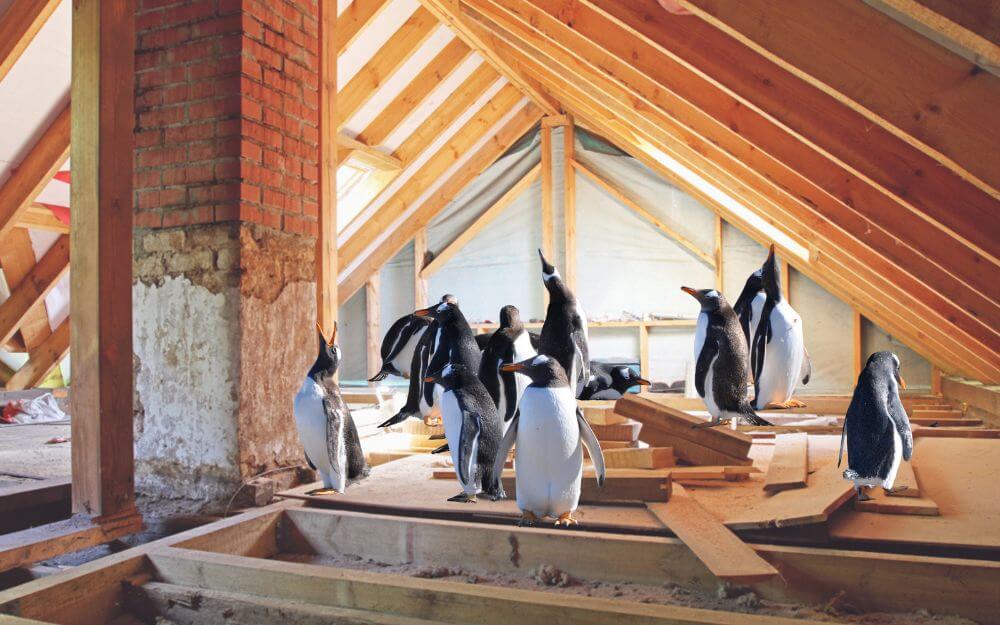With the presence of stains and mold spots on the wood and rust on the…

Frozen door lock : find out what is hidden behind that commun problem
It’s winter. The wind is whistling around you and the cold is cutting into your bones. You’ve barely made it from your car to the front door when your fingers are already frozen. You still risk taking out your keys, entering it in the lock of your main door, but unfortunately, it refuses to turn. Why does your lock refuse to cooperate when winter is at its worst and never in the heat of summer? Stay with us and solve frozen lock problems once and for all.
Frozen door lock !
Talk with our specialists and find out what is
hidden behind that fairly commun problem
Every winter, we receive many calls at Legault-Dubois regarding problems with frozen exterior door locks. Our experts are called in and what they find is a problem with the pressure in the house. Over the years, the evolution of standards and construction products available has made our homes more airtight. They are now more comfortable, less energy consuming, but also offer less natural air exchange through the building envelope. To overcome this problem, we install a mechanical ventilation system that is very efficient and whose function is to exchange the indoor air, which is full of humidity and pollutants, with the outside air, which is cooler and drier. However, when the air exchanger does not bring in the same amount of air that was leaving the house, it can create a positive pressure phenomenon that forces the warm and humid air inside the house to escape through all the other small paths that are available to it.
And that’s where the problem of locks freezing during cold weather comes in. For ice to form in a lock, three factors must come together: water, cold, and a movement of warm, moist air from the inside to the outside. In cold weather, these three elements come together in locks as water vapor comes in contact with the metal, which has been cooled by the low outside temperature and will then turn to ice.
Layer by layer, the ice will eventually fill the lock until it prevents the homeowner from entering their home. If you have such a problem, there are solutions other than imitating Santa Claus and going down the chimney. The first is to keep the indoor relative humidity as low as possible. We invite you to consult our other columns on the subject or to call on our humidity and air quality investigation services to help you.
The second is to have one of our technicians adjust the flow rates of your air exchanger in order to optimize its efficiency, improve your comfort, but especially to prevent the locks from freezing again. So, don’t hesitate to contact us for any question about your humidity and ventilation problems.
Frozen door lock !
Talk with our specialists and find out what is
hidden behind that fairly commun problem


